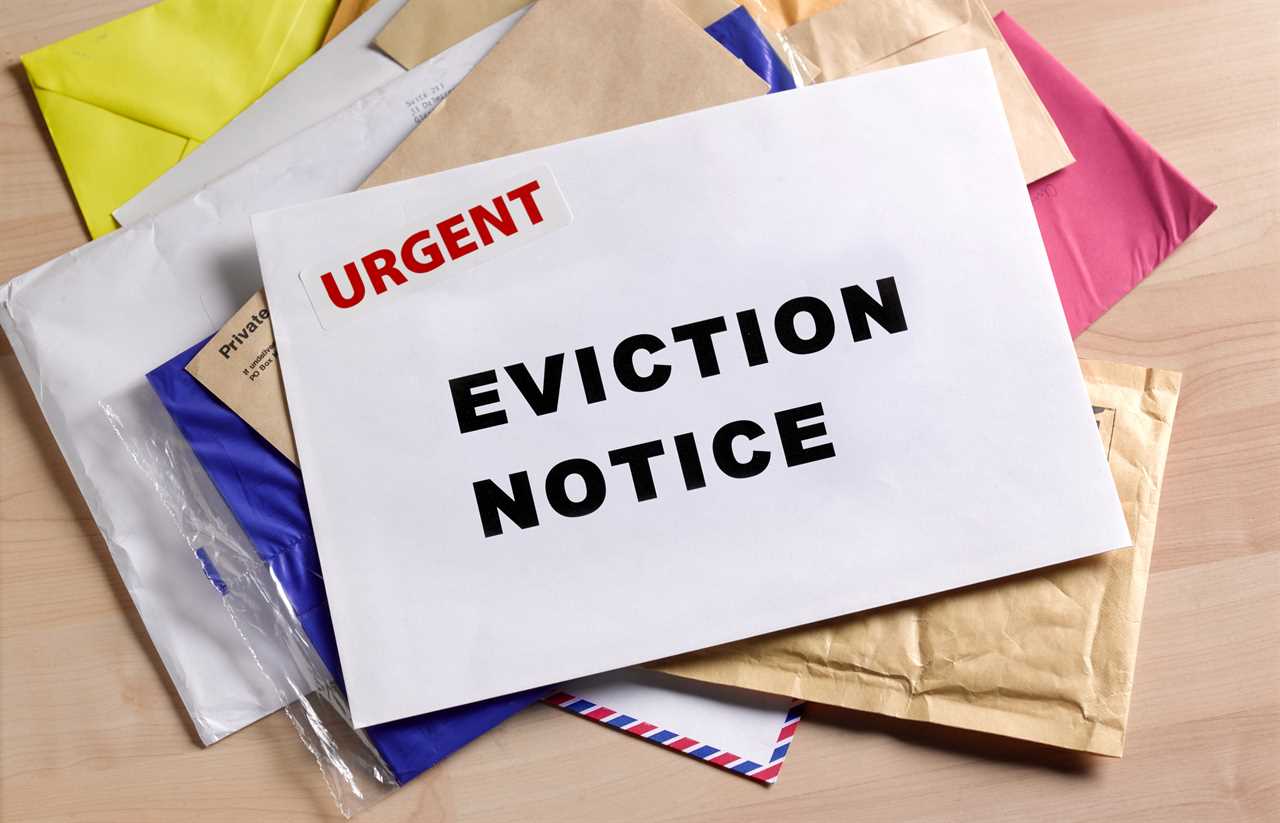A COUPLE in Kent say they are “in limbo” and facing homelessness after a cancer diagnosis left them unable to get a mortgage.
Deniece (52) and Dave (49) Stansfield have rented the same property in Dover for ten years, paying their landlord more than £80,000 in rent, the Mirror reports.

In January, their landlord sent them an eviction notice, but said they could buy the house from him if they wanted.
Deniece told the Mirror: “We were over the moon and jumped at the chance but due to being diagnosed with breast cancer in April we were unable to get a mortgage.”
She said that even though they’ve always paid their rent on time and could easily afford the mortgage repayments, banks and building societies refused to lend them the money.
Dave is a construction worker, and Deniece, who lost her cashier job during the pandemic, now earns an income as a dog walker.
The couple thought they’d found a solution when Dave’s boss offered to buy their home outright and let them pay him back over time.
Unfortunately, the deal fell through when the landlord changed his mind about the sale, telling Deniece and Dave they had to leave this month.
The couple has been scrambling to find a rental property, but are struggling due to rapidly rising rent prices.
Deniece also said they’re struggling to find landlords that are happy to let their property to a dog walker.
She told the Mirror: “My daughter is local, but she has already got two children in a two-bedroom house… We will have to sofa surf.”
Can I be turned down for a mortgage because I have cancer?
Mortgage lenders aren’t allowed to reject your application just because you have a critical illness like cancer, HIV or MS.
Anti-discrimination rules mean you can’t be penalised just for being ill or disabled.
Equally, the government’s MoneyHelper.org.uk website says that “lenders can’t insist that you pay a larger deposit or make larger monthly repayments than non-disabled customers.”
Instead, banks and building societies have to assess you on affordability and your financial situation.
Unfortunately, that means if a lender thinks your illness will stop you from being able to afford repayments, they could turn you down.
Cancer Research UK says: “Being diagnosed with cancer doesn’t mean that you can’t get a mortgage. But a lender needs to know that you can pay back the loan.”
How to boost your chances of getting a mortgage with a cancer diagnosis
Fortunately, there are lots of things that can help you prove affordability and get on the property ladder:
For instance, some lenders will take into account disability benefits payments from the government.
Typically, lenders tend to be more reassured by long-term benefits rather than short-term ones.
Help is available for bills and housing costs, as well as for children’s costs and other health expenses.
Macmillan has a good roundup of the help available here.
There’s also plenty of insurances that can reassure your lenders that you’ll be able to keep making mortgage payments despite being sick.
If you have existing income protection insurance or critical illness cover, this can reassure lenders that the mortgage will be paid even if your condition deteriorates.
Unfortunately, it is much more difficult and expensive to get this type of cover once you’ve had a diagnosis.
Make sure you’ve double checked whether you have existing policies in place and that you claim on them if you need to.
Another option is mortgage payment protection, which is another type of insurance.
It pays your mortgage repayments for up to 12 months if you become seriously ill or lose your job.
Cancer Research UK says people who already have cancer might be able to take out this kind of insurance.
But they warn it will depend on their type of cancer and the stage you have reached in treatment.
A life insurance policy can also reassure providers that the mortgage will be paid off if the worst should happen.
If you’re struggling to get a mortgage because of your illness, you might also want to consider a guarantor.
This is someone who promises to pay your mortgage if you are unable to do, giving banks and lenders more security.
A financial adviser can help you shop around to find a lender that will give you a mortgage despite your diagnosis.
They can also help you compare lenders to find the best deals.
They can also help explain all the various insurance and guarantor options to help you find a solution that works for you.
We pay for your stories!
Do you have a story for Trending In The News Money team?
Email us at [email protected]






